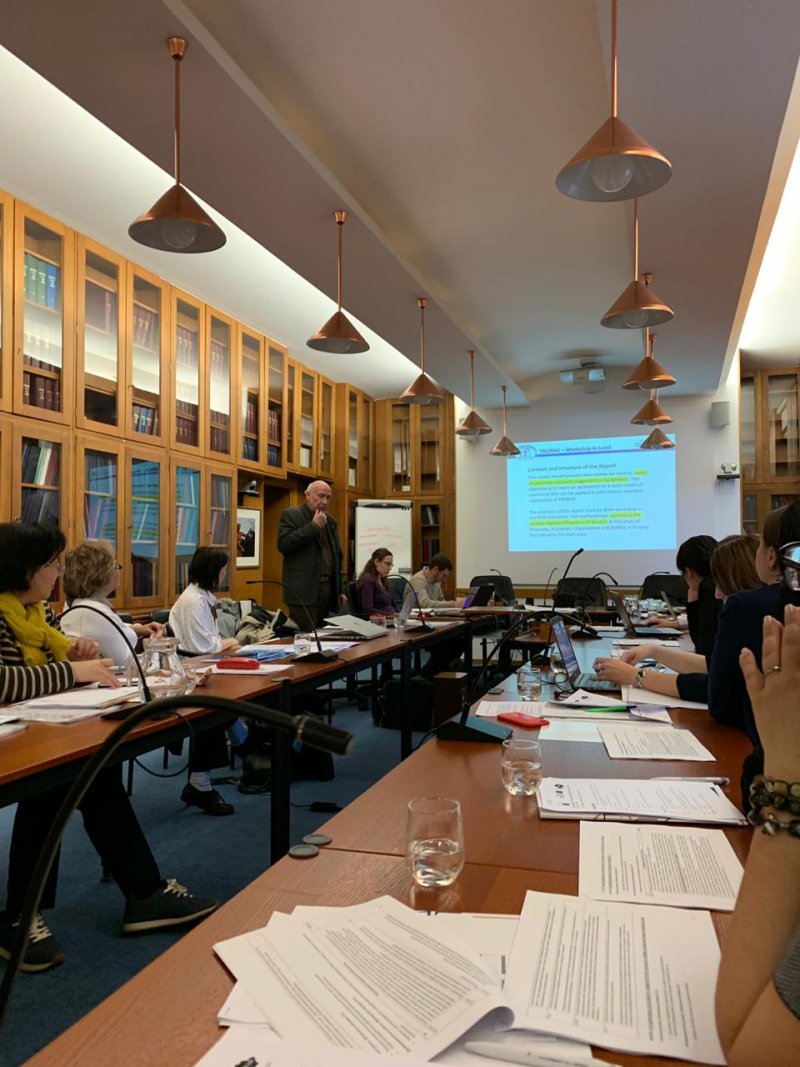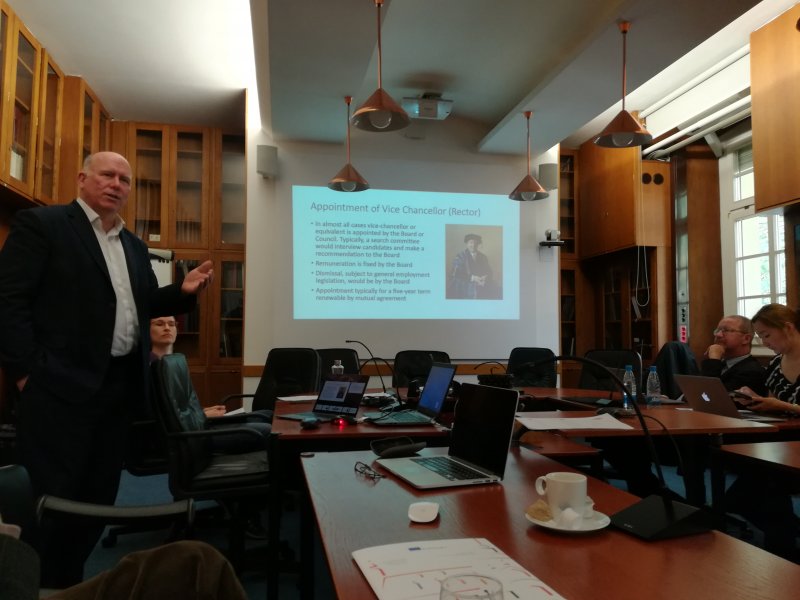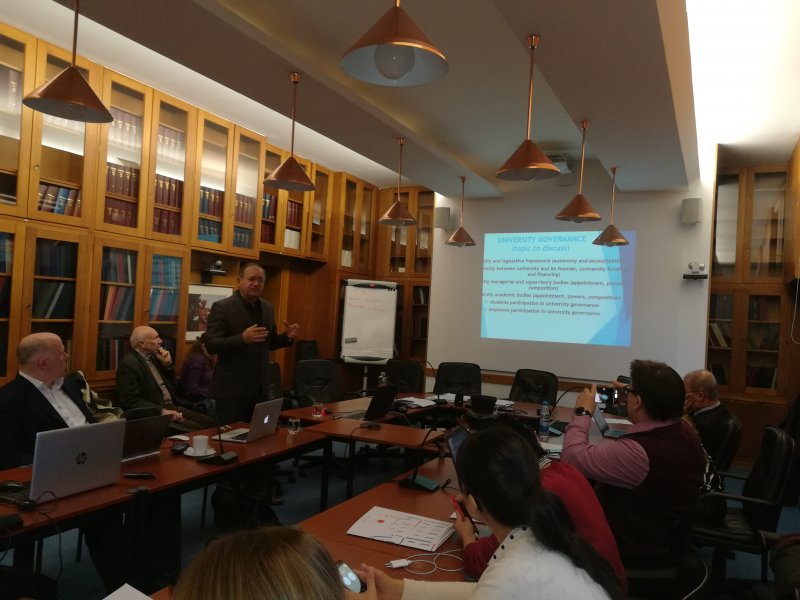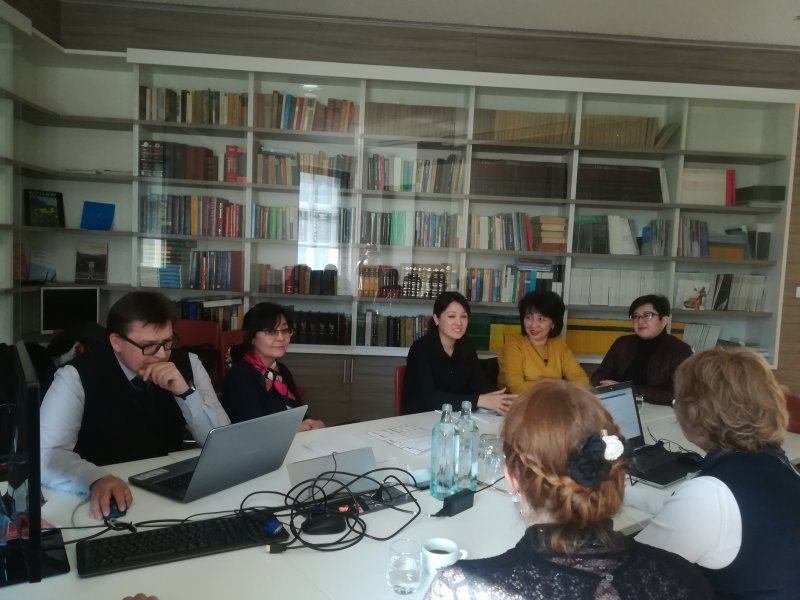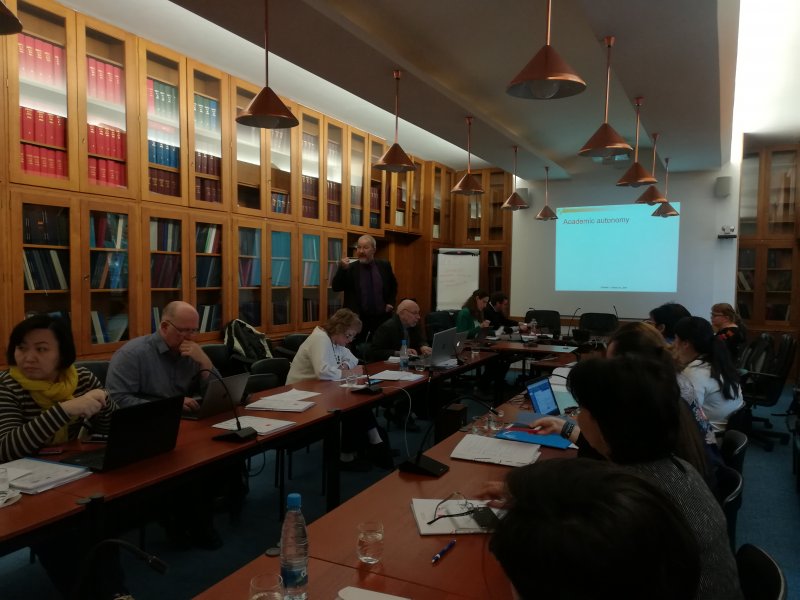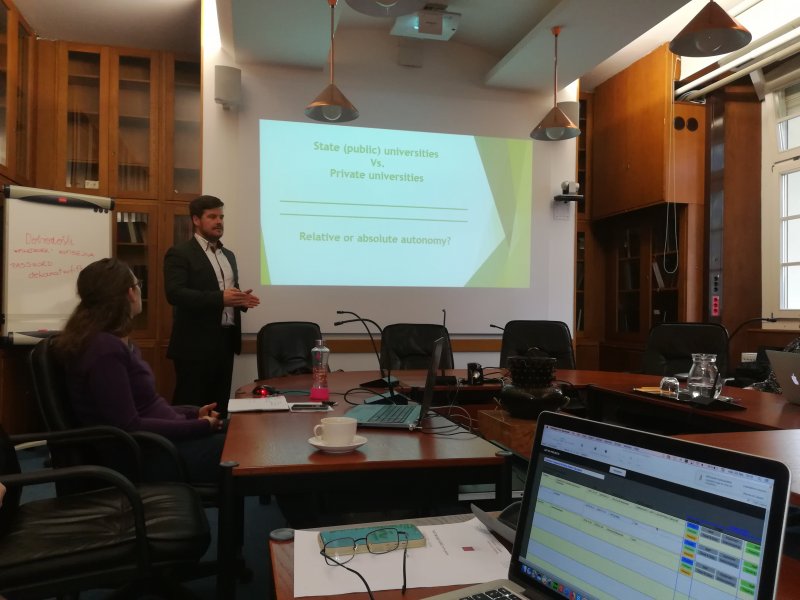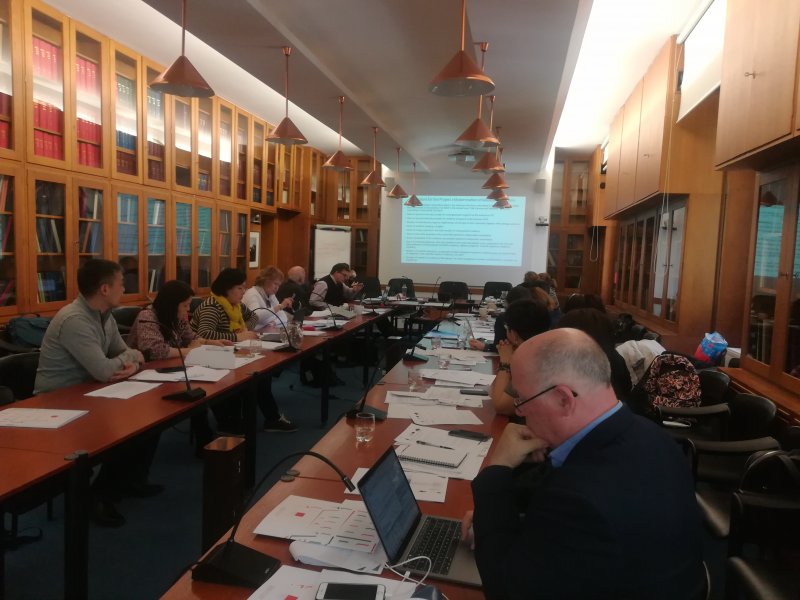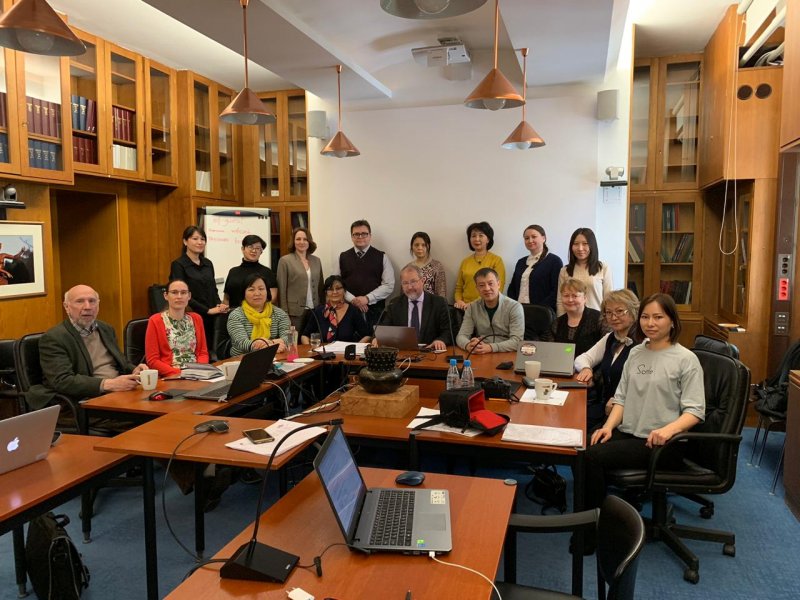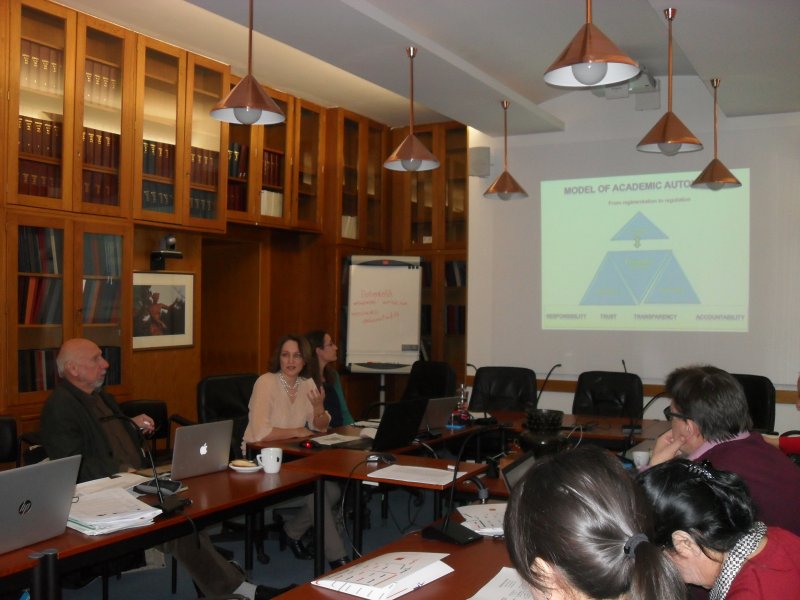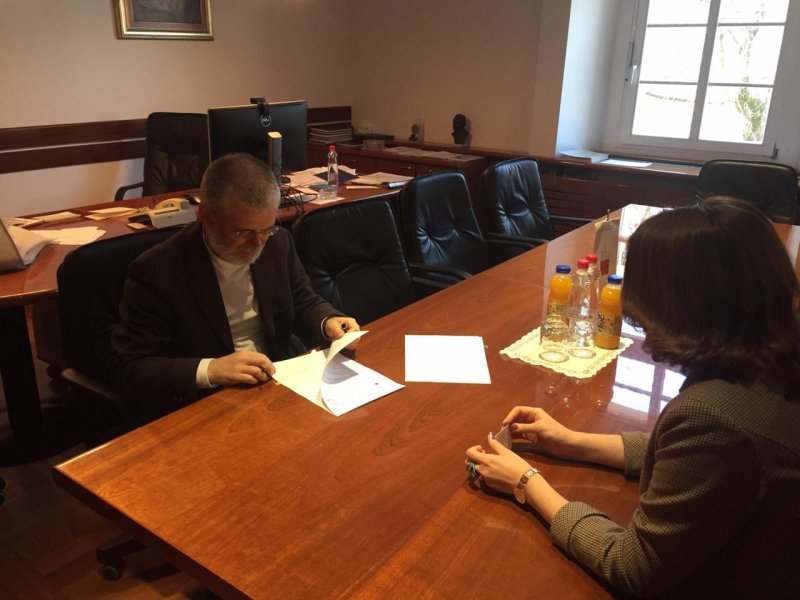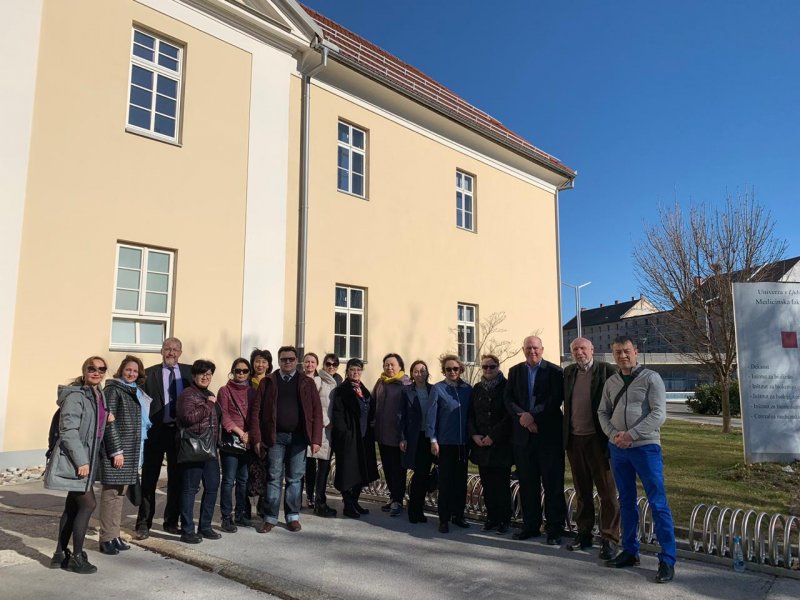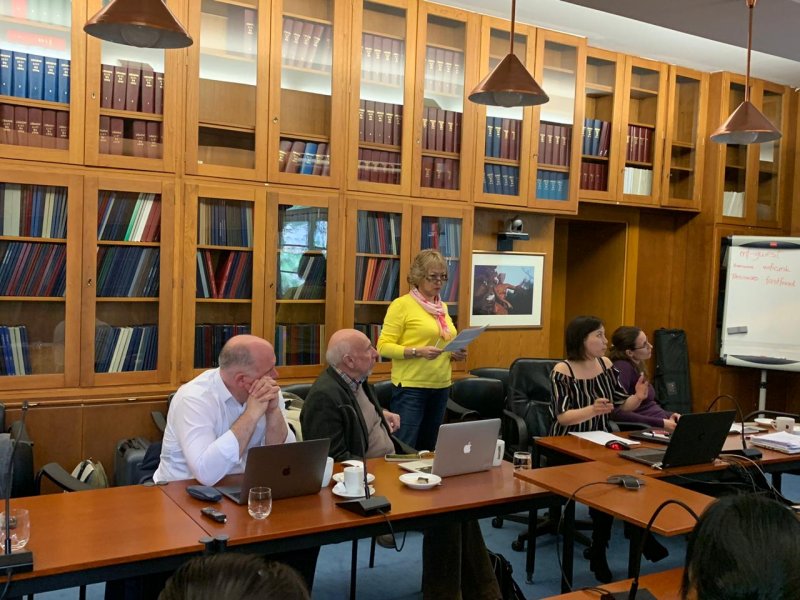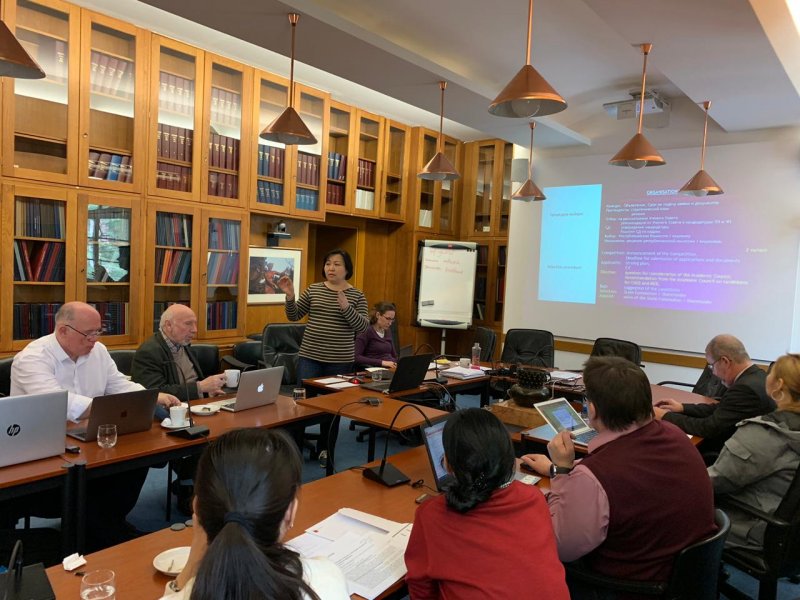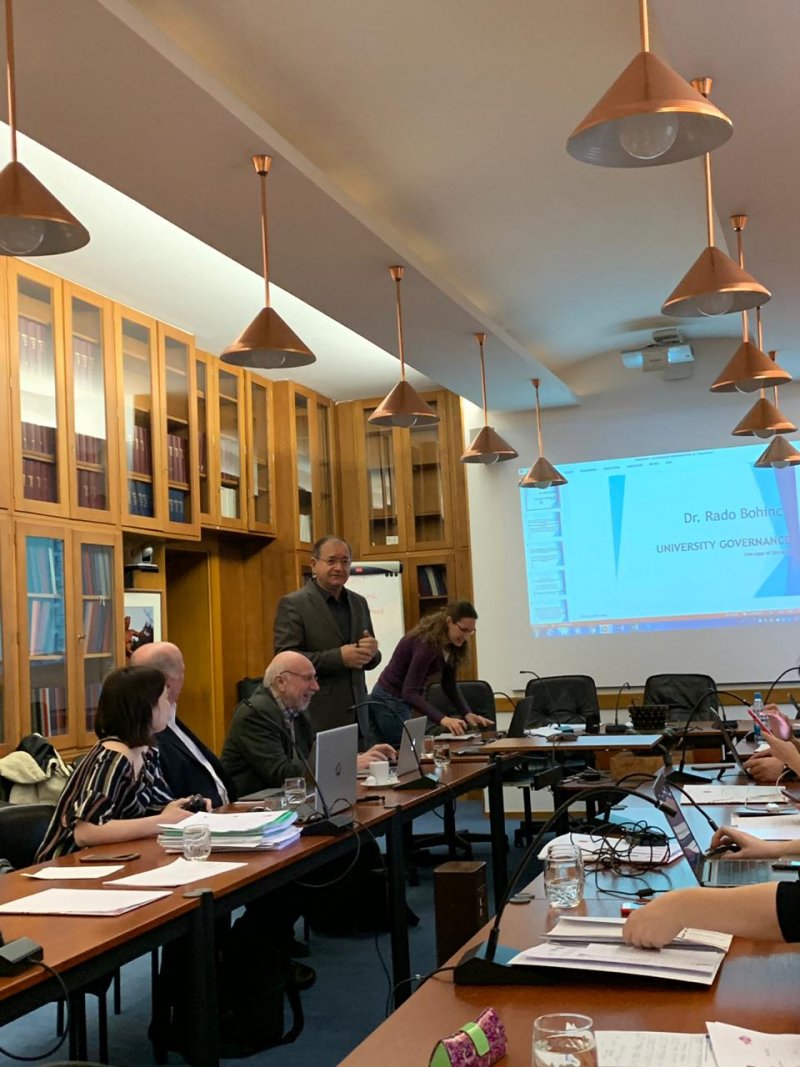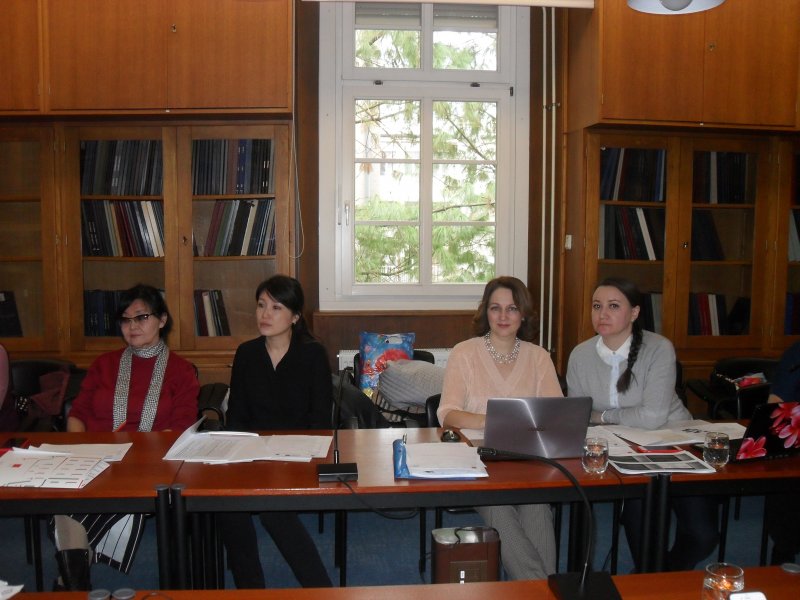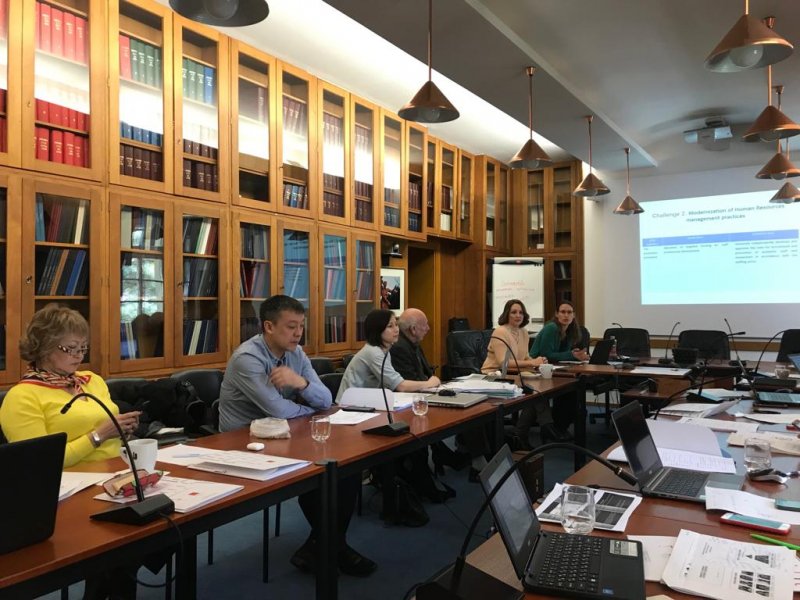Quotation gallery
As for me, all I know is that I know nothing.
Workshop at the University of Ljubljana
On the basis of The Medical faculty of the University of Ljubljana from February 25 to March 1, 2019, a workshop was held in the framework of the Erasmus+ TRUNAK project. This is the second workshop, which was organized to discuss recommendations and directions for further expansion of autonomy of universities in Kazakhstan with the participation of European partners.
The group of participants based its work on the recommendations of the European University Association and the results of the consortium at Lund University. In the first part of the meeting, representatives of European universities shared their experience in the development of autonomy in foreign education systems.
The project coordinator, Hugo Bragioni, noted that the movement towards University autonomy is an endless process in all countries, and it has no final stage. All countries have their own experience, which often depends on the history of the country, traditions in the field of education, the existing relationship between the government and universities. Hugo noted that the task of the project is to take valuable experience from each country and to adapt to the realities of Kazakhstan's education.
The representative of the European Association of universities, Enora Pruvot, presented the main results of the analysis of the autonomy of universities in Kazakhstan. Enora noted that if the level of organizational and financial autonomy of Kazakh universities depends on their type, the level of academic autonomy is determined by the legislation to the same extent for all. The highest degree of autonomy according to the results of the study was in the personnel direction.
Participants of the workshop were presented with the experience of managing universities in the UK, Sweden, Finland, Slovenia and Poland. In many countries, the autonomy of universities is enshrined in the Constitution. For example, the Constitution of Slovenia, article 58, States that state universities and state universities are Autonomous and their financing is regulated by law. In Slovenia, University employees are civil servants, have a guaranteed level of remuneration and should not Express their political views and preferences. However, Professor of the University of Lublin Rado Bohinc, noted that in the near future the academic community of Slovenia would like to move away from the status of civil servants.
European universities in most cases independently conduct the election of the rector, which actively participate in the academic staff and students. Criteria for the selection of the rector was also established by the universities. In most education systems, universities have the ability to influence the size of the population, both on a paid and free basis. An interesting experience is that in European universities student government takes a more active part in the management of faculties.
Academic Сouncils – Senates or Аssemblies - play an important role in the management of the reviewed universities. These collegial bodies are established on the basis of elections and are represented by different groups. Representatives from teachers and students are selected initially at the collegiate councils of the faculties. Usually in the main Аcademic Council 60% of the total number are professors, 20% – administration. 20% – students.
European experience has shown that the expansion of autonomy of educational institutions depends largely on the active position of the universities themselves. An important point for new impulses of expansion of independence is the realization that the result of this process should not be the fact of independence of universities, but a change in the quality of education.
On behalf of Manash Kozybayev NKSU, Pogrebitskaya Marina Vladimirovna, Director of the Department of Strategy, Quality and Internationalization and Sagitdinova Tanzilya Kamilevna, senior lecturer of the "German-Roman Philology" Department took part in the workshop. Marina Vladimirovna and Tanzilya Kamilevna presented a presentation on the model of academic and personnel autonomy of Kazakhstan universities, developed at the previous workshop at Lund University.
Then the participants of the meeting were divided into two groups and within a few working days discussed possible options for expanding organizational, personnel, academic and financial autonomy.
On the last day of the workshop were presented the results of work in groups, among which the important point is the proposed new options for the selection of the rector, and the combination of this procedure in all universities with the introduction of new strategic programs for the development of education and science in Kazakhstan.
In General, I would like to note the effectiveness of the organization of the workshop and the friendly atmosphere, which allowed to achieve significant results in a short time. The results of the work in Slovenia will be transferred to the next stage of the project – participants of the workshop in Poland, which will be held from 4 to 8 March 2019.
The meeting also concluded an agreement on further cooperation of the Manash Kozybayev NKSU with the medical faculty of the University of Ljubljana.


